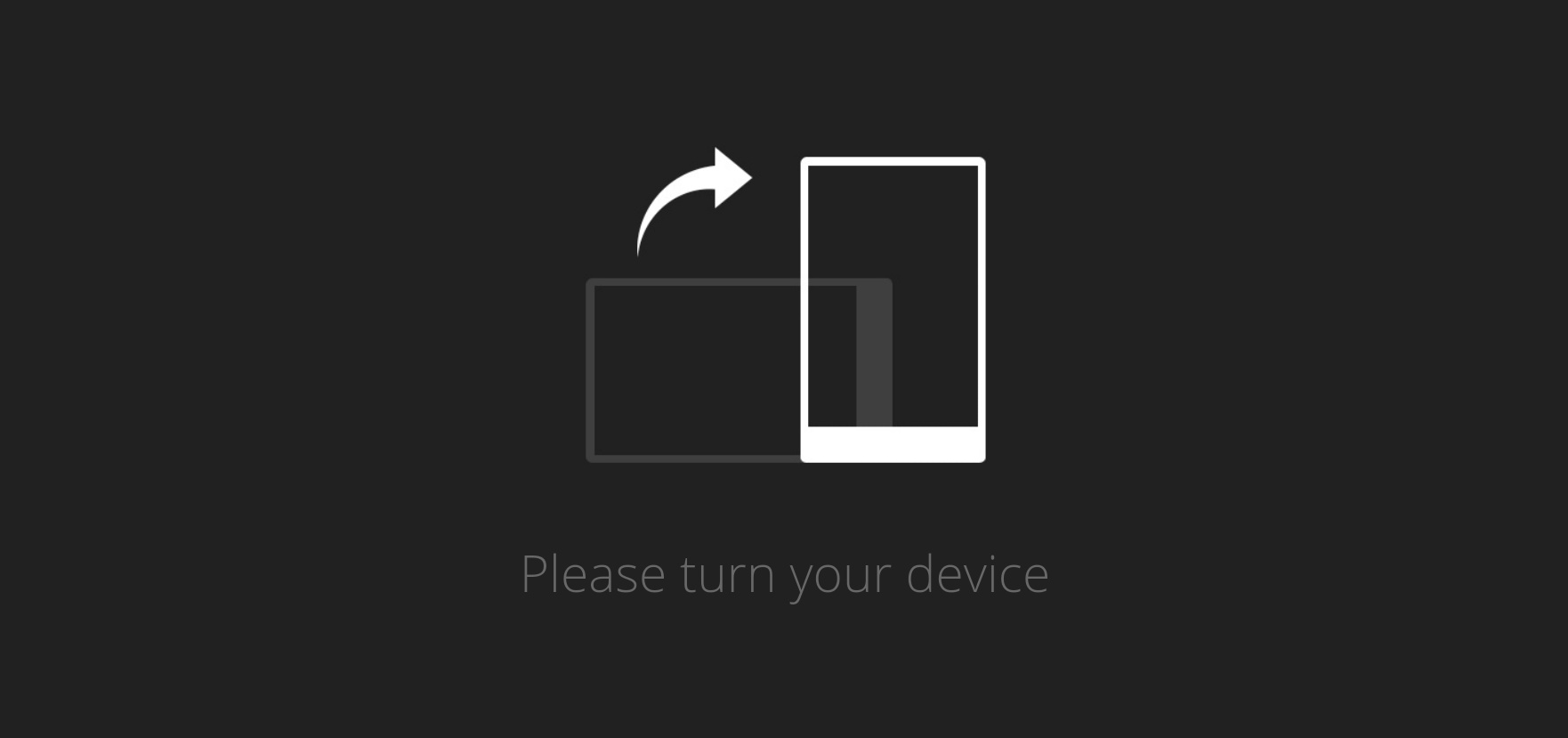
As I suspected, Katy Perry’s new album has flopped
A few months ago, I wrote about Katy Perry’s disastrous comeback attempt, ‘Woman’s World’, unpacking the backlash it received and questioning whether the singer understood satire, or feminism, for that matter.
I concluded my piece suggesting Katy could surprise us with a more nuanced album, but just as my gut told me, she did not.
Last week, Katy released her seventh studio album, 143, and guys, the reviews are bleak. Drowning in a sea of two-star reviews, the album is getting absolutely trashed by some of the most prominent publications. People have QUESTIONS.
“Just How Bad Is Katy Perry’s New Album?” (The Cut). “Katy Perry’s comeback album 143 has been a complete mess. How did this happen?” (ABC). “Katy Perry’s new album 143 is ‘mindless’ and ‘uninspired,’ per critics. What happened?” (USA Today).
Then, there’s NME suggesting “a pop star struggles to relocate her old sense of fun”, and The Guardian’s declaration that Katy’s “wan Europop revival falls short of total catastrophe”.
I don’t know about you guys, but I for one am physically cringing.
At the crux of these reviews is the sentiment that we’ve officially witnessed the rise and fall of one of pop music’s biggest stars. No one would be wondering how this happened had Katy’s career been lacklustre to begin with, so we’re left donning monocles and detective hats trying to get to the bottom of this dumpster fire.
We’re dumbfounded as to how the woman who served us evocative hits ‘Teenage Dream’ and ‘Thinking of You’, playful stories like ‘Last Friday Night (TGIF)’ and ‘Waking Up in Vegas’ and pop anthems like ‘Firework’ and ‘Roar’ has decided that a trap beat and lyrics that ChatGPT could have produced are enough. We’re insulted, perhaps? Particularly due to the fact that in 2024, we’ve been delightfully overwhelmed by the offerings of today’s female pop stars.
“It feels slightly out of time, a common-or-garden mediocre pop album with the misfortune to be scheduled in the wake of Charli xcx’s Brat, Chappell Roan’s The Rise and Fall of a Midwest Princess and Sabrina Carpenter’s Short N’ Sweet, a trio of messily inventive and hugely successful albums that collectively suggest a certain raising of the pop bar has taken place,” Alexis Petridis writes in his review for The Guardian. “What would once have sufficed, at least commercially, now won’t.”
Not only must Katy be measured against her more successful body of work, but against her current peers. I don’t particularly take issue with this, as this doesn’t feel like pitting women against each other, it’s an observation of the quality of music we’ve come to expect from women in pop.
Variety’s review asserts that perhaps Katy’s grasp on pop relevancy began its decline prior to 143. On the singer’s 2020 album, Smile (which also garnered a tepid reception), writer Steven J. Horowitz reflects, “Perry felt not just out of lockstep with the times — by then, pop music had pivoted away from candy-striped bombast in favour of soul-baring confessionalism — but also with her own creative merits. Much of the spryness of some of her best work had evaporated; even the self-deprecation of Perry posing as a sad clown on the album cover felt forced.”
“The result is a record that sometimes hits the target but rarely leaves a lasting impression,” NME’s Nick Levine declares in his review of 143, labelling it “a serviceable but slightly dull collection on which Perry struggles to relocate her old sense of fun.”
I’ve wondered whether there are elements of agism underpinning Katy’s recent reception, but I think that would be a reductive hot take. When I look at other women in the music industry who have been making music for a similar amount of time as Katy, I think of Taylor Swift and Beyoncé (ever heard of ‘em?). Aged 34 and 43 respectively, the two women have consistently evolved both musically and lyrically as they’ve matured. They’re still producing hits we can dance and sing along to, so it’s not as if they’ve succumbed to some notion that aging means you have to be “serious”. Instead, they’ve learned to incorporate their expanding values and experiences into their music seamlessly.
What we loved about Katy was her exuberance and authenticity, elements that seem all but missing from 143. It’s as though she thinks in order to be fun, she needs to be that young, silly girl we loved in the early aughts; but instead of showing us how fun and empowering being a 39-year-old woman can be, she’s trapped in the cliches and tropes that may have felt authentic when she was twenty-something, but now feel immature and unrelatable.
Then, there’s the very real possibility that we might be overanalysing Katy’s failed comeback, assigning it more complexity than it deserves. ABC cites Grace Sharkey, a University of Sydney lecturer for the Department of Gender and Cultural Studies, who after exploring the link between pop culture and “the commodification of feminist politics”, sharply adds, “I also think part of the negative response to ‘Woman’s World’ is because it is simply bad.”
“It is simply bad” is my new favourite insult.
In 2024, we know exactly what we need from our pop girlies: substance. Until Katy can level up, I think the world will continue to ask questions.
Written by Lil Friedmann, who is deciding who she’s going to call “simply bad” next. You can follow her at @lilfriedmann on socials.
Image credit: @katyperry + Punkee
